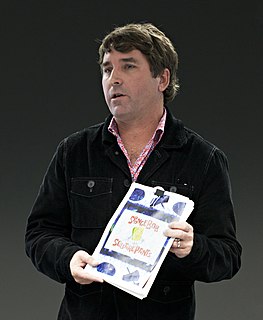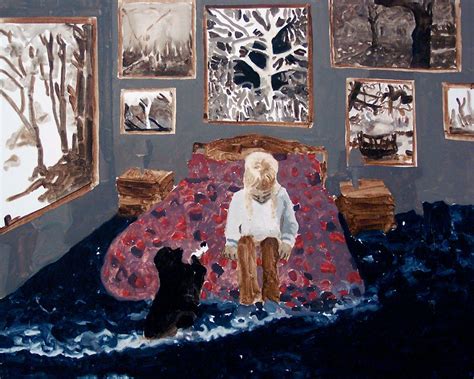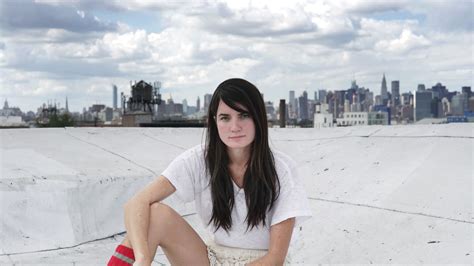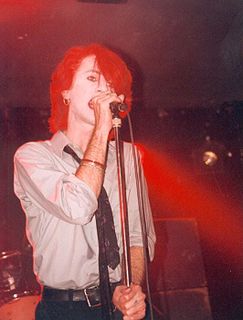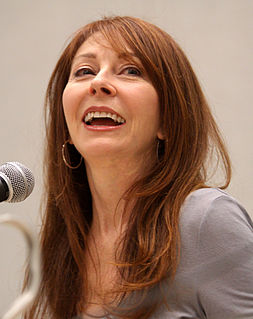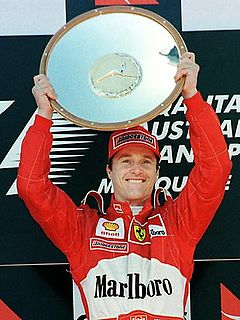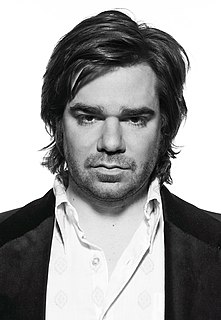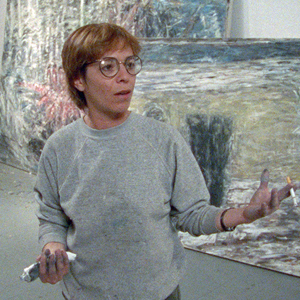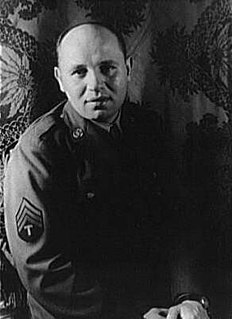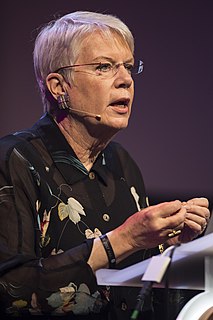A Quote by Stephen Hillenburg
I was always interested in the ocean and also in art. I had to figure out how to put the two together, but painting fish sounded boring.
Related Quotes
I was always interested in music, I felt it was time to do it, coming out of the punk scene [1979]. I thought it was ideal that anyone could just put together a group and make it work. Then, of course, it became a little more detailed after starting it and realizing that it was something serious, not just a one-off situation. I had to put a lot more into it. Also I did it to get a lot of things out of my system, things that had been put there while I was growing up in my family. A sort of exorcizing of demons.
[Vincent Price] had a fish recipe where he wrapped [the fish] in aluminum foil and put in these herbs. And then you put it in the dishwasher and then you wash your dishes, and when you're done, your fish is steamed and it's perfect. But he was very sophisticated as far as art and food and all of that went.
Every single painting is different. I'm always trying to figure out what I'm interested in. Usually when I go through and I make the collages or the images for ideas that I want to paint, it's like an Ouija board. Each painting I do is trying to understand what the hell I'm looking at, or want to look at.
I wasn't interested in sport or anything obvious, so I didn't stand out. I was interested in music, but I couldn't read music, so I wasn't allowed to do the GCSE. I was interested in painting, but no one's interested in a 16-year-old boy who's interested in painting. I wanted to get out of school very, very quickly.
When you're thinking about something that you don't understand, you have a terrible, uncomfortable feeling called confusion... Now, is the confusion's because we're all some kind of apes that are kind of stupid working against this, trying to figure out [how] to put the two sticks together to reach the banana and we can't quite make it... So I always feel stupid. Once in a while, though, the sticks go together on me and I reach the banana.
The facts are really not at all like fish on the fishmonger's slab. They are like fish swimming about in a vast and sometimes inaccessible ocean; and what the historian catches will depend, partly on chance, but mainly on what part of the ocean he chooses to fish in and what tackle he chooses to use - these two factors being, of course, determined by the kind of fish he wants to catch. By and large, the historian will get the kind of facts he wants. History means interpretation.
The space that we're looking through is nine-dimensional. If you build a mathematical model, the amount of searching that we've done in 50 years is equivalent to scooping one 8-ounce glass out of the Earth's ocean, looking and seeing if you caught a fish. No, no fish in that glass? Well, I don't think you're going to conclude that there are no fish in the ocean. You just haven't searched very well yet. That's where we are.
